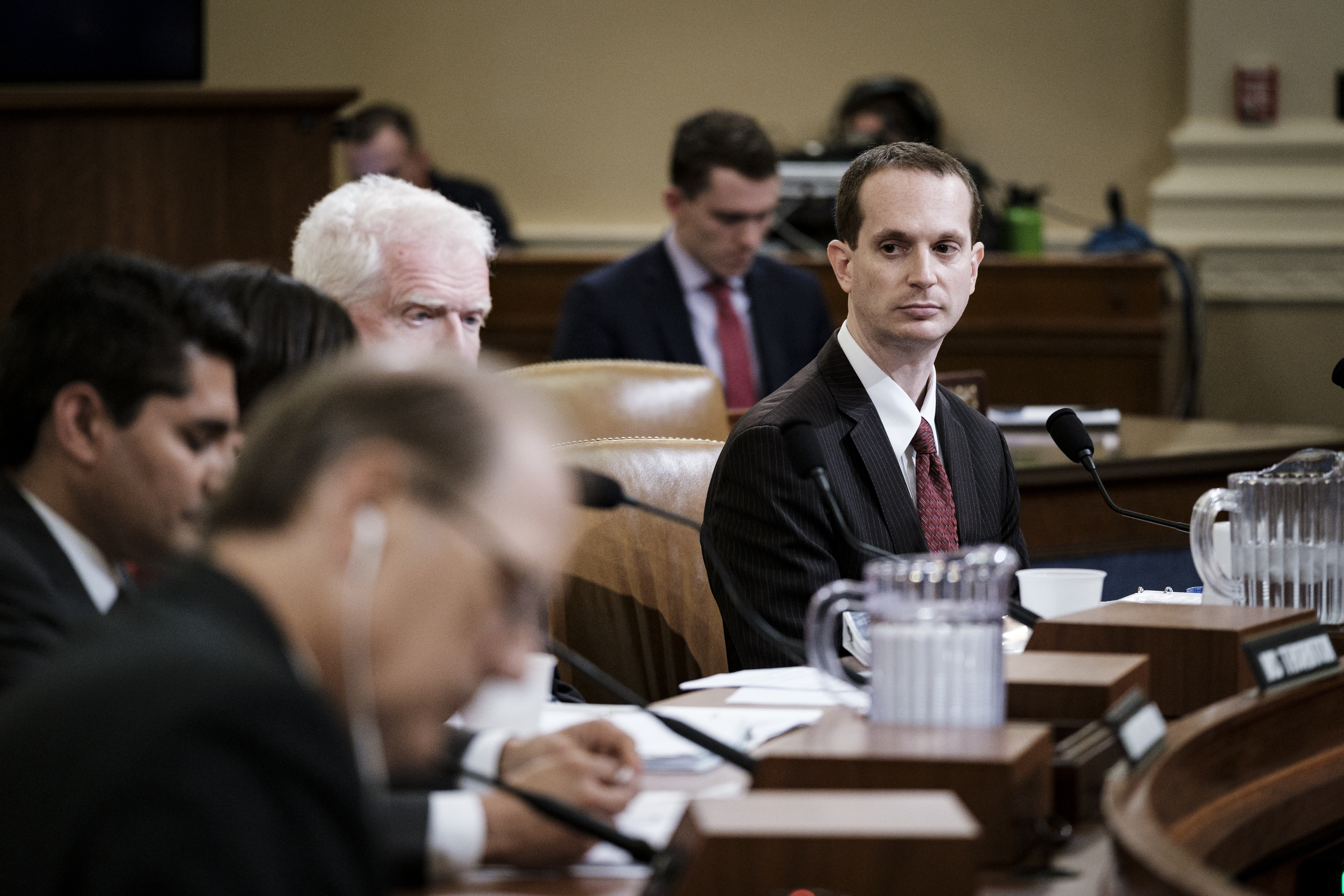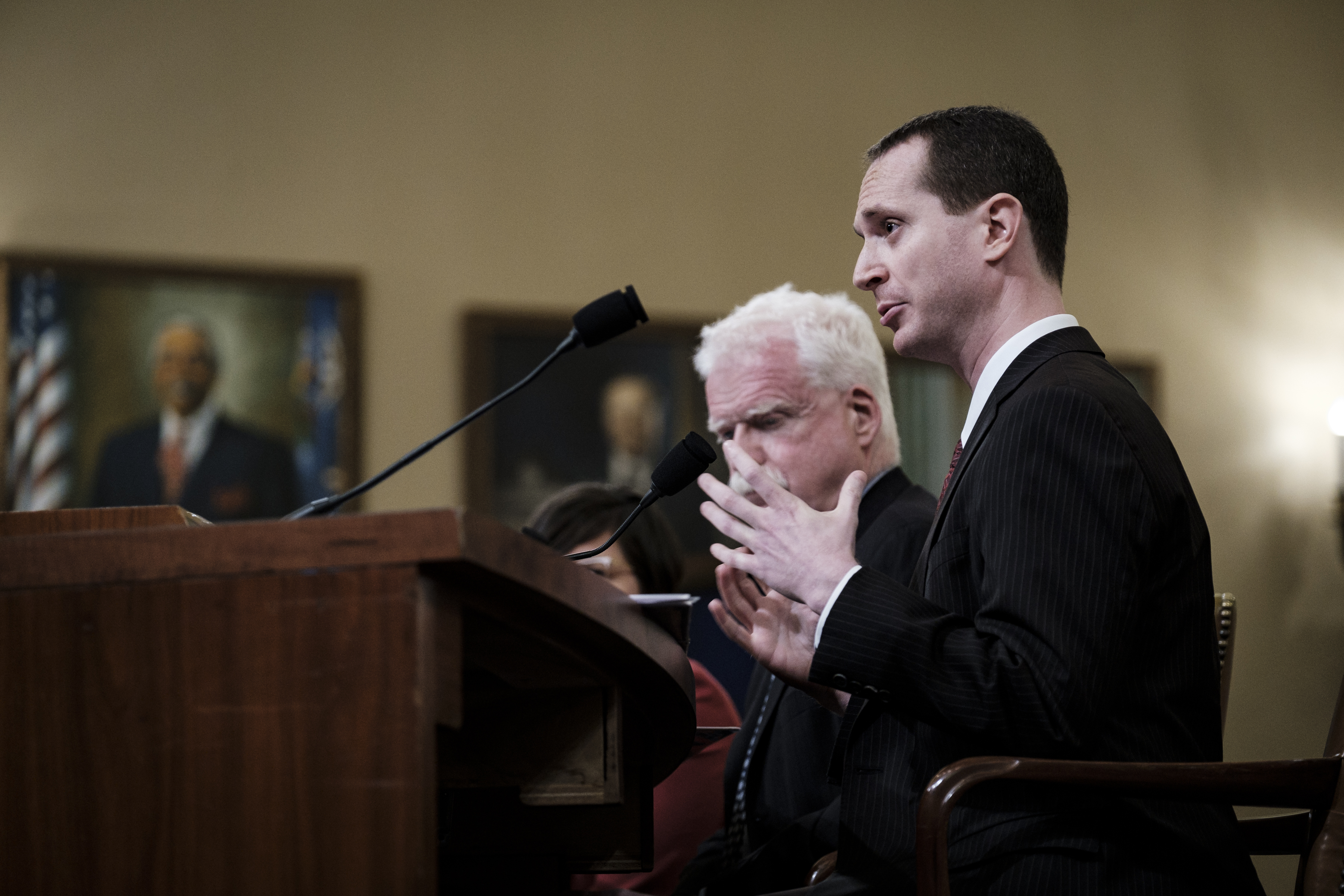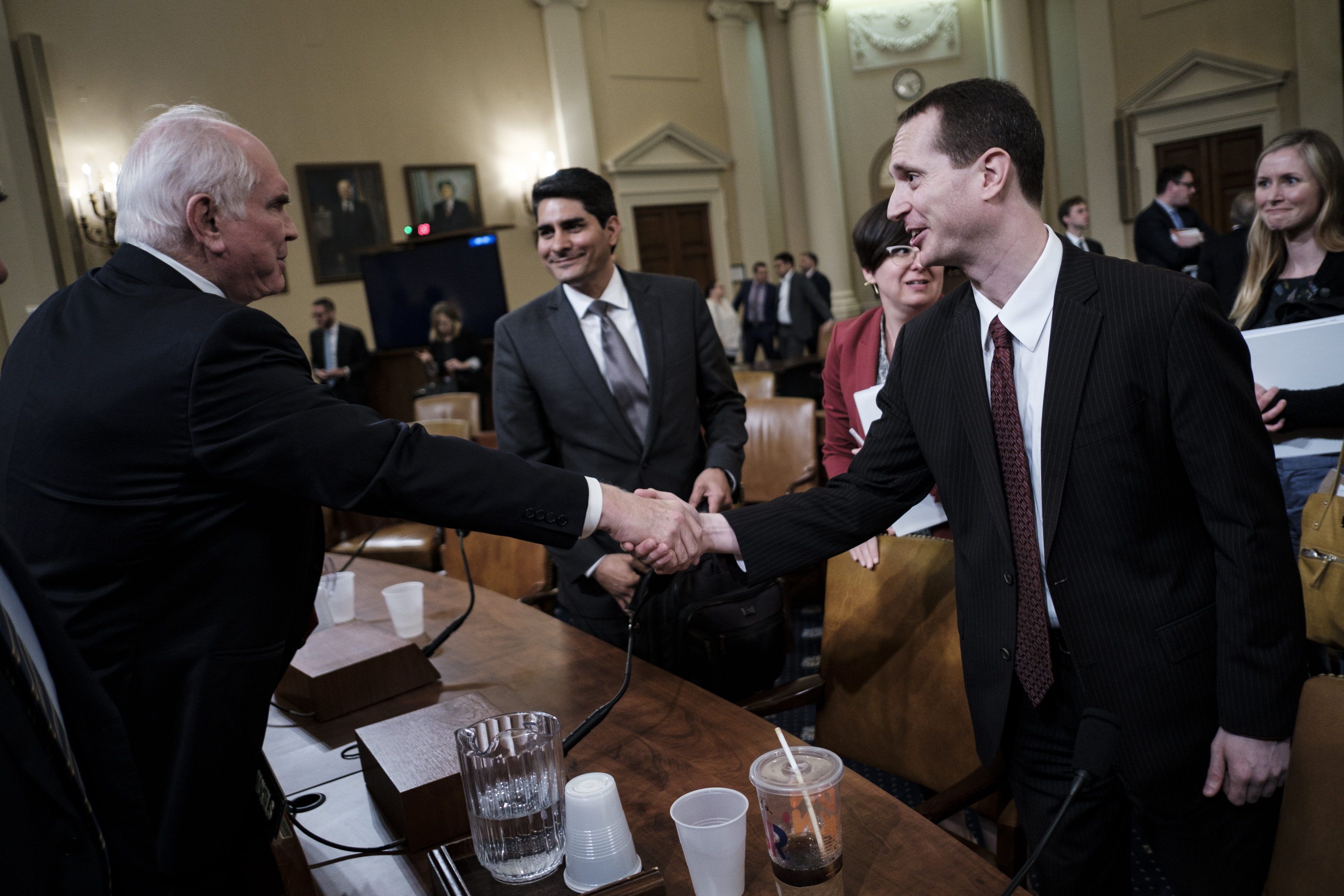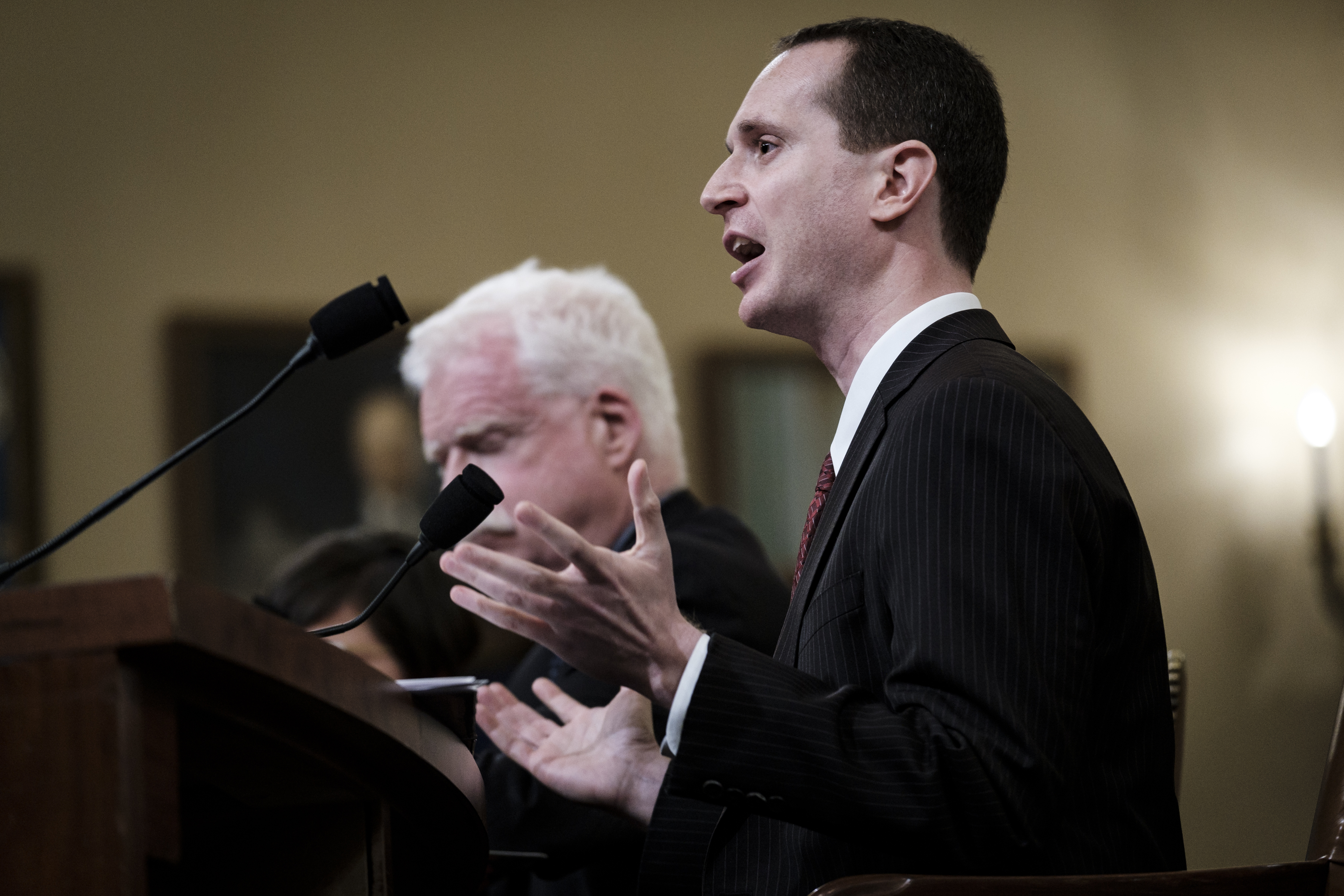James Gelfand testifies before the House Ways and Means Health Subcommittee
For Immediate Release
Washington, DC – The ERISA Industry Committee (ERIC) today testified before the U.S. House of Representatives Ways and Means Health Subcommittee in a “Hearing on Protecting Patients from Surprise Medical Bills.”
James Gelfand, Senior Vice President of Health Policy, testified on behalf of ERIC and its large employer members, focusing on how to stop surprise medical bills from ever being generated. His testimony offered lawmakers three core policy changes to end the crisis:
- In-network matching rate guarantee – if a patient goes to an in-network facility, every provider they see should be required to accept in-network rates as payment in full. This one change would eliminate any instance of surprise medical billing for a patient going to an in-network facility.
- An emergency, last-resort, benchmark backstop – when the insurer or plan sponsor cannot come to an agreement on the cost of emergency out-of-network care, Congress should designate a percentage of Medicare – ERIC suggests 125 percent of what Medicare would pay that provider, in that market, for that service. Another option would be to set a benchmark rate equal to 80 percent of the average contracted rate in a given market, to ensure fair payment to providers, while still encouraging network participation.
- Require informed consent – Congress should require the provider to tell the patient if the care will be out-of-network, including when transferring a patient to another provider or facility. If so, they should offer the patient an in-network alternative whenever possible.

“Surprise billing undermines the value-driven and coordinated care programs advanced by large employers, and fundamentally frustrates the goals of providing quality, affordable employer-sponsored health benefits,” testified Gelfand.

Representing exclusively large employers that sponsor employee benefits for their own workforce, ERIC has been integral to the fight to end surprise medical billing, including working with congressional staff on developing proactive solutions to protect employees, retirees, and their families, ensure that their benefits provide them with access to high quality health care, and eliminate the financial woes caused by defects in the current system.

In April, ERIC was one of 40 business organizations to sign a letter to the U.S. House of Representatives Education and Labor Committee, Subcommittee on Health, Employment, Labor and Pensions urging lawmakers to pass legislation that would protect patients from surprise medical bills without undermining network participation or resulting in higher health care costs for consumers. The letter laid out a policy framework for lawmakers to protect patients by making changes to disclosure and transparency requirements, creating a reimbursement benchmark, and implementing specific countermeasures to end gaming of the system by ambulance and air ambulance companies, and emergency department outsourcing firms.
ERIC, along with the National Retail Federation, also crafted a “Frequently Asked Questions” memo for Hill staff that laid out what surprise medical billing is, how Congress can help to combat the practice, the role of the patient and their health care provider, and details about proposed solutions such as binding arbitration. Click here to view the memo.
Click here to read today’s testimony.
